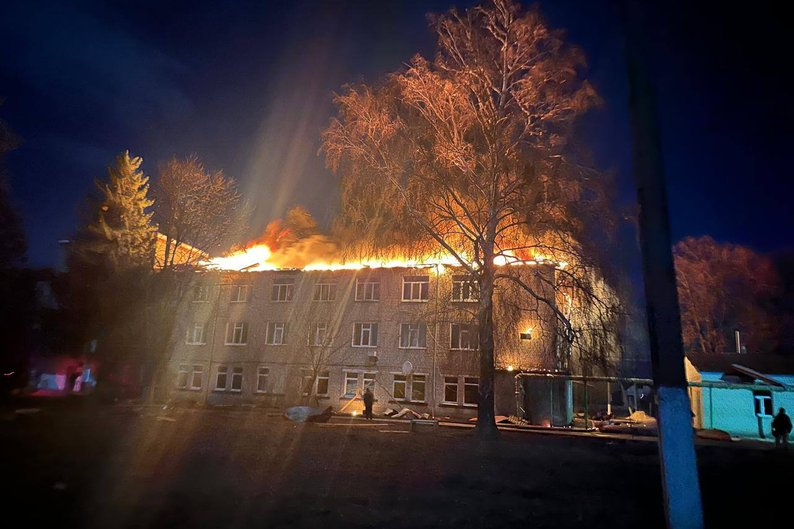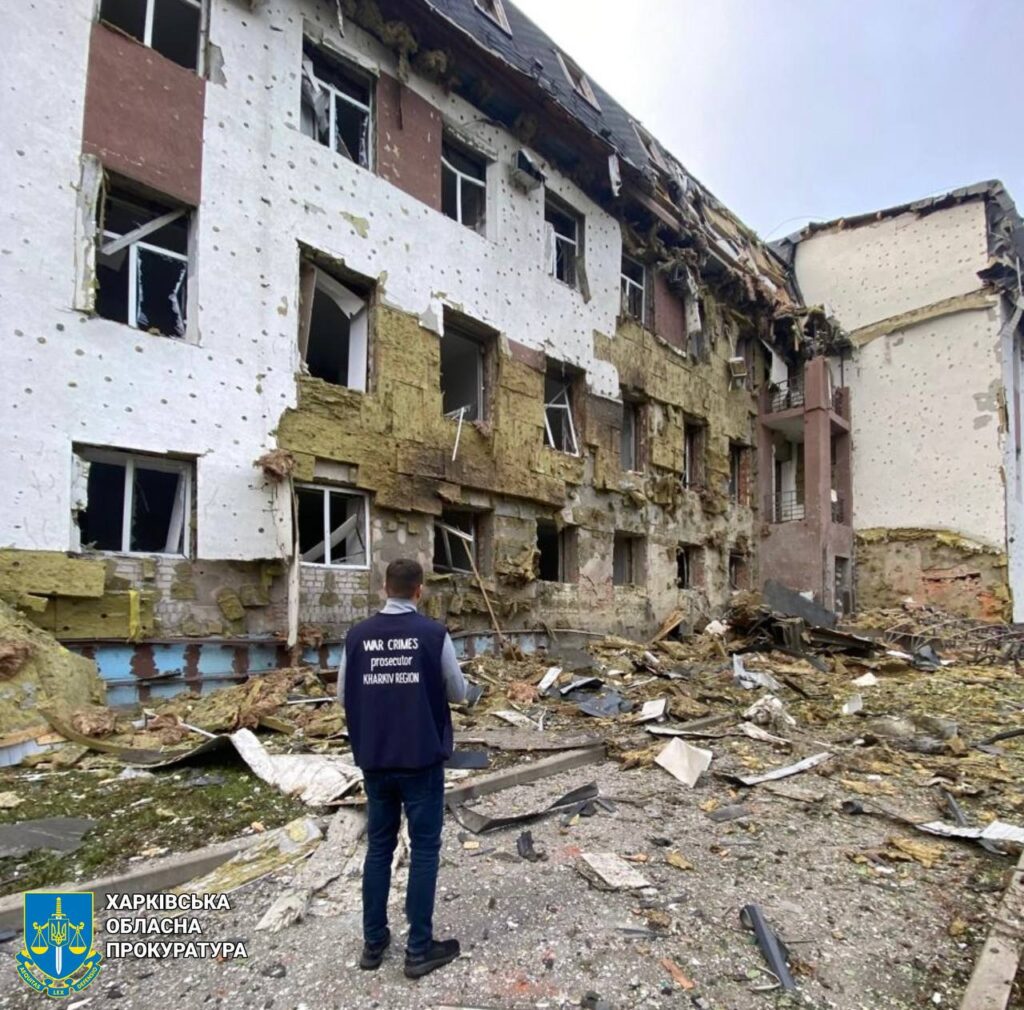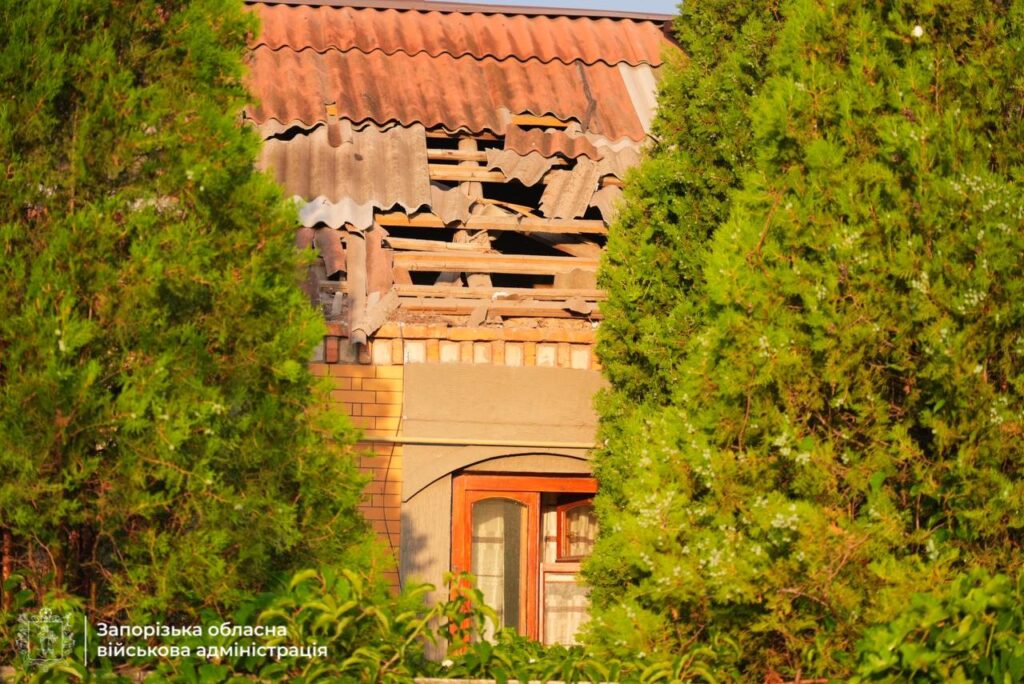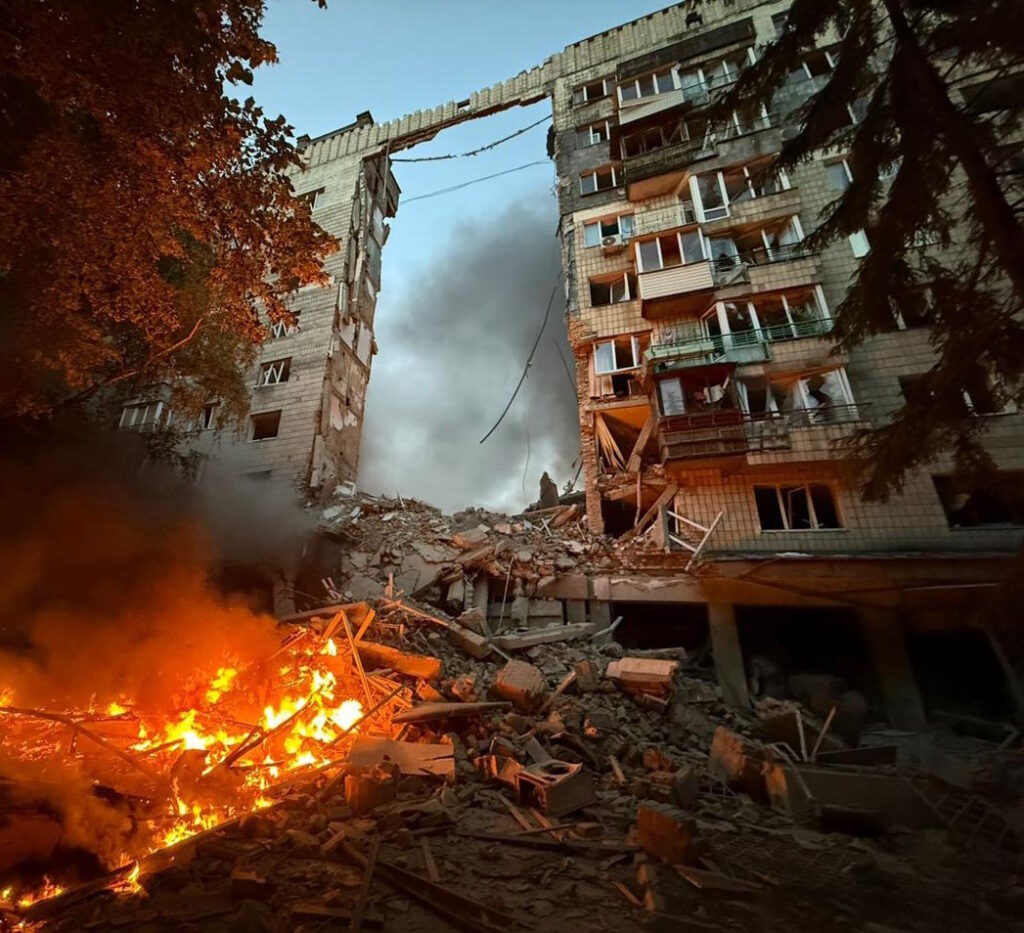ISW: Moscow tries to trade business deals with Washingtopn for Ukraine’s capitulation, while drones rain down on maternity wards and hospitals

Russia is attempting to trade business cooperation with the US in exchange for concessions in its war against Kyiv. At the same time, Moscow relentlessly attacks civilians, killing women and children with record numbers of drones, demanding Ukraine’s surrender, the Institute for the Study of War (ISW) reports.
“The Kremlin continues efforts to use its diplomatic engagements with the United States in an effort to divert attention from the war in Ukraine and toward the potential restoration of US-Russian relations,” experts conclude.
According to the Russian Foreign Ministry’s statement on the Rubio-Lavrov meeting, they discussed bilateral US-Russia issues unrelated to the war in Ukraine, including the restoration of contacts, economic and humanitarian cooperation, direct air travel, and the work of diplomatic missions.
The Russian Foreign Ministry also said that the US and Russia will continue dialogue on a “growing range of issues of mutual interest.”
Russian Deputy Foreign Minister Sergey Ryabkov said on 10 July that he sees no slowdown in the development of US-Russia relations.
The day before the meeting, Russian Foreign Ministry spokesperson Maria Zakharova reaffirmed Russia’s initial military demands for regime change in Ukraine and demilitarization. Kremlin spokesperson Dmitry Peskov again stated that Moscow insists on recognizing the “realities on the ground.”
“Kremlin officials’ public statements continue to demonstrate that Russia remains committed to achieving its original war goals in Ukraine and is not interested in good faith negotiations to end the war, however,” the ISW writes.
The analysts emphasize that Kremlin officials often urge Ukraine to accept the “realities on the ground,” meaning the current frontline in Ukraine, implying Russia holds a stronger negotiating position due to the battlefield situation. They also demand that Ukraine concede to Russian demands to change its government, stop arms deliveries, and reduce its army.
Read also
-
Trump diplomacy’s new low: Rubio congratulates Russians on Russia Day
-
“Not our war.” US may exit Ukraine peace talks if no breakthrough soon, Rubio warns
-
Years after Iran downed Ukrainian plane, killing 176 people, its drone factories now burn under Israeli fire — and Kyiv is watching
-
Russia’s warm conversations with US are ploy to dodge sanctions, not end the war, says Zelenskyy





